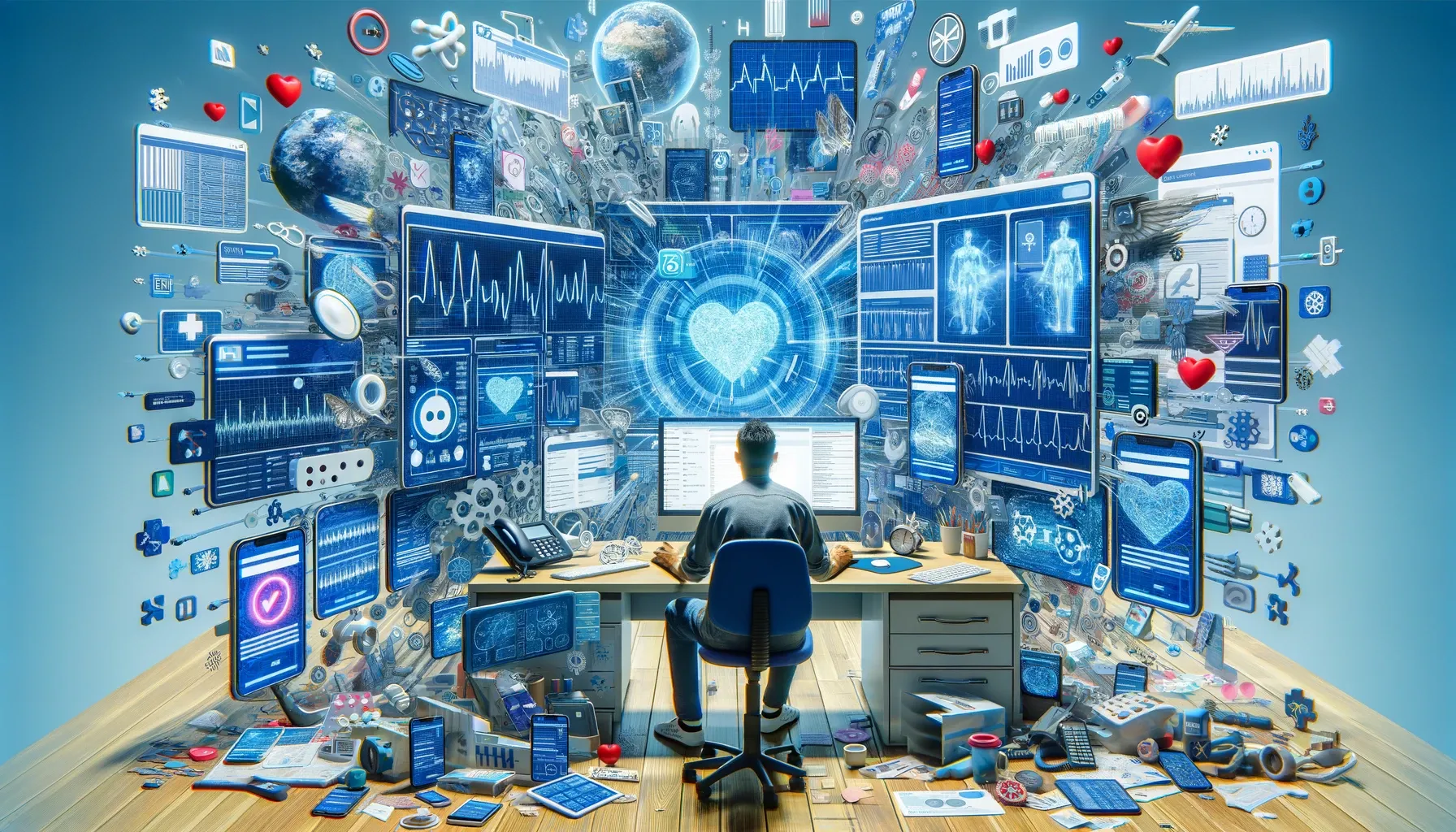Cyberchondria: A Rising Concern in the Digital Era
In the age of information, where a vast array of data is at our fingertips, a new psychological phenomenon is emerging – cyberchondria. Cyberchondria, a portmanteau of "cyber" and "hypochondria," refers to the heightened anxiety about one's health provoked by excessive online research. With the

In the age of information, where a vast array of data is at our fingertips, a new psychological phenomenon is emerging – cyberchondria. Cyberchondria, a portmanteau of "cyber" and "hypochondria," refers to the heightened anxiety about one's health provoked by excessive online research. With the rapid digitalization of the world, particularly in the healthcare sector, cyberchondria is increasingly being recognized as a significant mental health concern.
The Genesis of Cyberchondria
Cyberchondria stems from the easy access to a wealth of medical information on the internet. While this access can be empowering, it often leads to self-diagnosis and misinterpretation of symptoms, causing undue stress and worry. The advent of health monitoring technologies, such as wearable devices that track heart rate, blood pressure, and other vital signs, has compounded this issue. Users can become obsessed with their health metrics, interpreting every minor fluctuation as a sign of serious illness.
Technological Enablers
The proliferation of health-related apps and wearables, such as smartwatches, fitness trackers, and health monitoring chips, has made health data more accessible than ever. While these devices are designed to promote healthier lifestyles, they can also lead to obsessive monitoring and anxiety. The constant reminders, alerts, and notifications can make individuals hyper-aware of their bodily functions, often leading to misinterpretation and overreaction.
Psychological Impact
The compulsive need to seek health information and constantly monitor health can lead to increased anxiety and stress. It may manifest in behaviors such as frequent doctor visits, unnecessary medical tests, and a persistent fear of serious illness. Cyberchondria can adversely affect one’s quality of life, leading to a cycle of anxiety and health obsession.
The Role of Telemedicine
The rise of telemedicine has further fueled cyberchondria. While telemedicine offers convenience and efficiency in healthcare, it also provides an avenue for individuals to seek immediate reassurance about health concerns, often exacerbating their anxieties.
The Future Outlook
As we move deeper into the digital era, the incidence of cyberchondria is expected to increase. The continuous advancements in health technology, coupled with the ever-growing reliance on digital information, set the stage for cyberchondria to become a prevalent mental health issue.
Addressing the Challenge
Tackling cyberchondria requires a multi-faceted approach. Health professionals need to be aware of this phenomenon and provide guidance on the responsible use of health information and technology. Education and awareness campaigns can help the public understand the risks of self-diagnosis and the importance of seeking professional medical advice.
Moreover, technology developers can play a role by designing health apps and devices that are mindful of their psychological impact. Features that promote balanced and healthy use of technology, along with clear communication about the limitations of self-monitoring, can help mitigate the effects of cyberchondria.
Conclusion
As we embrace the benefits of digital health technologies, we must also be cognizant of their potential psychological impacts. Cyberchondria poses a real challenge in our digital age, and addressing it requires concerted efforts from healthcare providers, technology developers, and individuals. By fostering a balanced relationship with technology and prioritizing mental well-being, we can harness the advantages of digital health innovations without succumbing to the anxieties they may bring.




